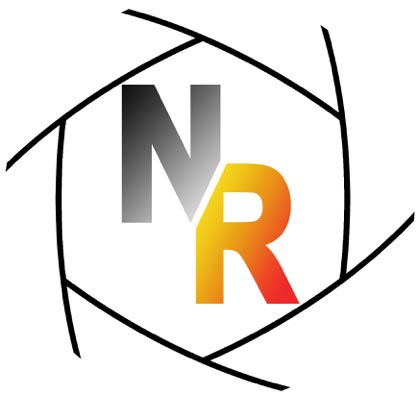Mining Your Work
If you're a subscriber or have been reading this blog for a while, you know I was in Iceland on a one month residency during July. Since returning I have been printing and working on realizing what I shot while there.
That is exactly what I want to share in this post: the concept of "mining your work".
It is not really enough to return from an extended shoot and print your work. There is real creativity involved in the process of choosing which images to print and how to print them. Holding yourself to one size, one paper, one kind of print as a universal standard, however high that may be, is short sighted and stifling as well as predictable.
I may have used this before but it is worth saying again. Students would often get caught in a structural disaster of their own making. They would invent a project, and in so doing, create rules and parameters around that project to help get it done then, in the middle, something would break down, there would be a shift or a curve thrown at them. They would be stopped by the rules they created earlier. My job was often to say, "they are your own rules, you can change them". They would look at me like I was out of my mind before they realized that they were being limited by something they created, a structure made at the beginning when they didn't know everything about what it was they were doing.
Let me cite a concrete example. Earlier in the Iceland posts I showed examples of the same scene shot on different days at different times (Iceland Simple). The question then is how to print these? As standard sized prints, in a boxed portfolio that uses 22 x 17 inch paper? I didn't think so.
Remember, I wrote earlier about photography being very good at comparisons?

Simple enough, but at 24 x 62 inches very powerful.
A hypothetical: you're a photographer, amateur or professional, doesn't matter (seems like everyone is one these days). You go off somewhere and make pictures. You make work you were extremely invested in when you took the pictures. There was something there: the light was amazing, what was in front of your camera was once-in-a-lifetime extraordinary, there was something happening that was truly wonderful and you worked hard to capture it, to use the settings on your camera the best way you knew how, or you made something out of the ordinary, thought something through and got it down on film or on your card in your digital camera (or smart phone). In short, you made pictures you were invested in at the time. You continue on your trip and if you continue photographing you have other photographic experiences on top of the first one, different in context but similar in intensity and investment. If your trip lasts a while these build up to some number of shoots, some situations that will result in wonderful photographs beautifully seen.
You end your trip and return home. Right away you are slammed with life: bills to pay, people to see, work to go back to, deadlines to meet, errands to run, a car to get fixed, something to repair, a house to clean, meals to cook, a husband, a wife, a partner and/or kids or a parent to look after, to pay attention to, to help, to share time with, etc, etc.
OMG!
That trip you took? The one that you were so totally focused on and where you were making really good work? Fading away.The times you had can still bring a smile to your face. The pictures you made, as you slide by them on your computer in Lightroom or Aperture can bring you back, remind you a little, put you back in the same frame of mind you were in when you took them, sort of. But the intensity is fading, no doubt.
This is the thing: good work sitting there on your computer, never printed, never realized or coalesced into a coherent whole is practically nothing. This is analagous to the old saying we used back in darkroom days: "prints in boxes under the bed". Make em but don't show em: don't exist. Make em but have them gather dust in your hard drive? Nada.
The lesson here is very simple: investment in making the pictures requires an investment in realizing them. If you work on them when you click the shutter you need to work on them and mine them when you get home. This is as much a creative process as being out there and photographing. Follow through, complete the task and make prints of your work. Embrace the creative process that making great work requires. Invest in making the work yours, not generically like what anyone else would do. Own your work. Make it individual.
Back to that hypothetical. Carve out the time and single mindedness that great work requires. Tell all those around you that you are going to work this number of hours, this day a week, this time away from all of their requirements of you as you need to work on your work. Then stick to your guns and make the work.
And..... mine the work.
